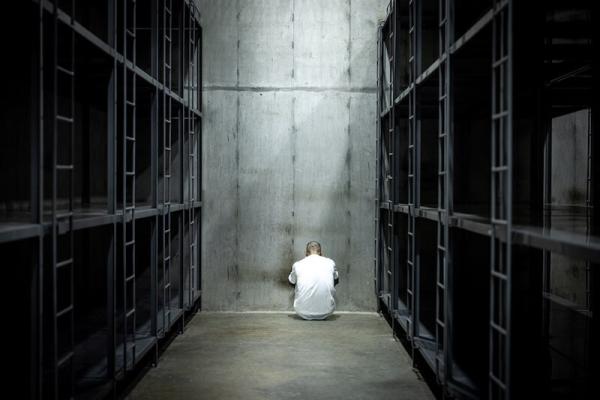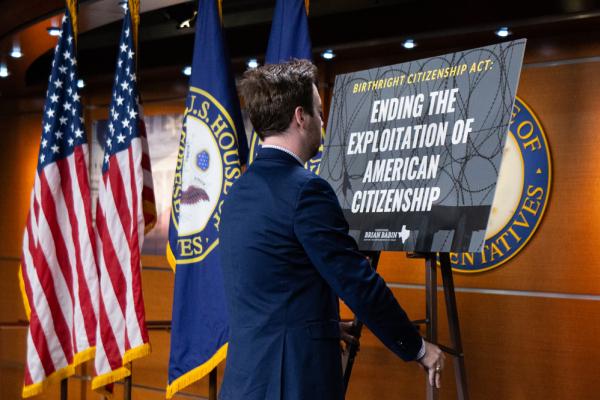2 degrees Celsius.
It was the number first associated with climate change in 1990, when a group of climate scientists declared it the upper limit of temperature increase our world could experience before a global climate catastrophe.
Two degrees represents a tipping point. Past that marker, systems may begin to break down. Storms will intensify. Heat waves will get hotter. Conflicts over resources will become more frequent.
Two degrees represents the threshold between the world as we experience it now and a world drastically altered.
Double that number and you get the warming number projected by a recent Trump administration report. It’s a world four degrees warmer by 2100.
The startling report reveals that it’s not that the Trump administration doesn’t believe climate science, it’s that they don’t care about its consequences for our world. It is an assumption that the fate of the planet, and millions of people around the world, is sealed. It is a blank-faced stare; a banal shrug of the shoulders in the presence of humanitarian crisis.
The report reveals, in a way more sinister than mere climate denial, an utter disregard for those in our world most impacted by climate change. It is a a response that evokes Matthew 25 on a global scale: they have seen how the world will grow hungrier, thirstier, sicker, and deadlier, and have chosen to walk past.
The report rose to the surface a week before the Feast Day of St. Francis of Assisi, a day when the patron saint of ecology, animals and, in my view, environmental justice, is honored by churches across the country. This is a day often celebrated by the strange, albeit exciting, ritual of marching hairy, smelly, confused animals through the sanctuary to be blessed by a priest.
While blessings of the animals are fun celebrations of our interconnectedness with non-human creatures, in this moment of environmental crisis, our churches can do more than kiss our canines. St. Francis was not merely an animal lover who stowed away in a forested hermitage. St. Francis, for most of his life, was a city dweller, committed to loving the poor and vulnerable. He heard the intertwined cry of the earth and the cry of the poor.
By the year 2050, climate change has been projected to displace up to 250 million people. The communities of the world who have contributed the least to climate change are poised to be the ones most negatively affected by it.
Climate change is a crisis of moral proportions. Rather than responding to the climate crisis with resignation or cynicism, our congregations can chart a new path forward by responding to this moral crisis in a distinctively religious way. By probing deeply into our religious traditions, we can present truths that are needed in this time of climate catastrophe.
In the tradition of St. Francis, we can offer prophetic witness in response to the cry of the earth and the cry of the poor. Our faith communities offer a deep tradition of prophetic witness and the spiritual tools needed to understand and respond to the climate crisis. Churches have the potential to be beacons of light in a world stained by environmental devastation and an antidote to the sinister carelessness of our politicians, providing a space where the pain of our changing climate can incubate and hatch into a vision of a more beautiful world.
This weekend, more than 80 congregations in Maryland are doing just that. Pastors, rabbis, imams, and other clergy will emphasize creation care and climate change as part of their sermons and teaching programs. Through Climate in the Pulpits, a program organized by Interfaith Power & Light (DC.MD.NoVA) and the Chesapeake Climate Action Network, faith communities across the region will be encouraged and equipped to speak out about climate change and take meaningful steps to respond to climate change.
Let’s not tune out the cry of the earth and the cry of the poor. Let’s listen with clarity and break the climate silence in our sanctuaries. It all starts with speaking out.
Got something to say about what you're reading? We value your feedback!







